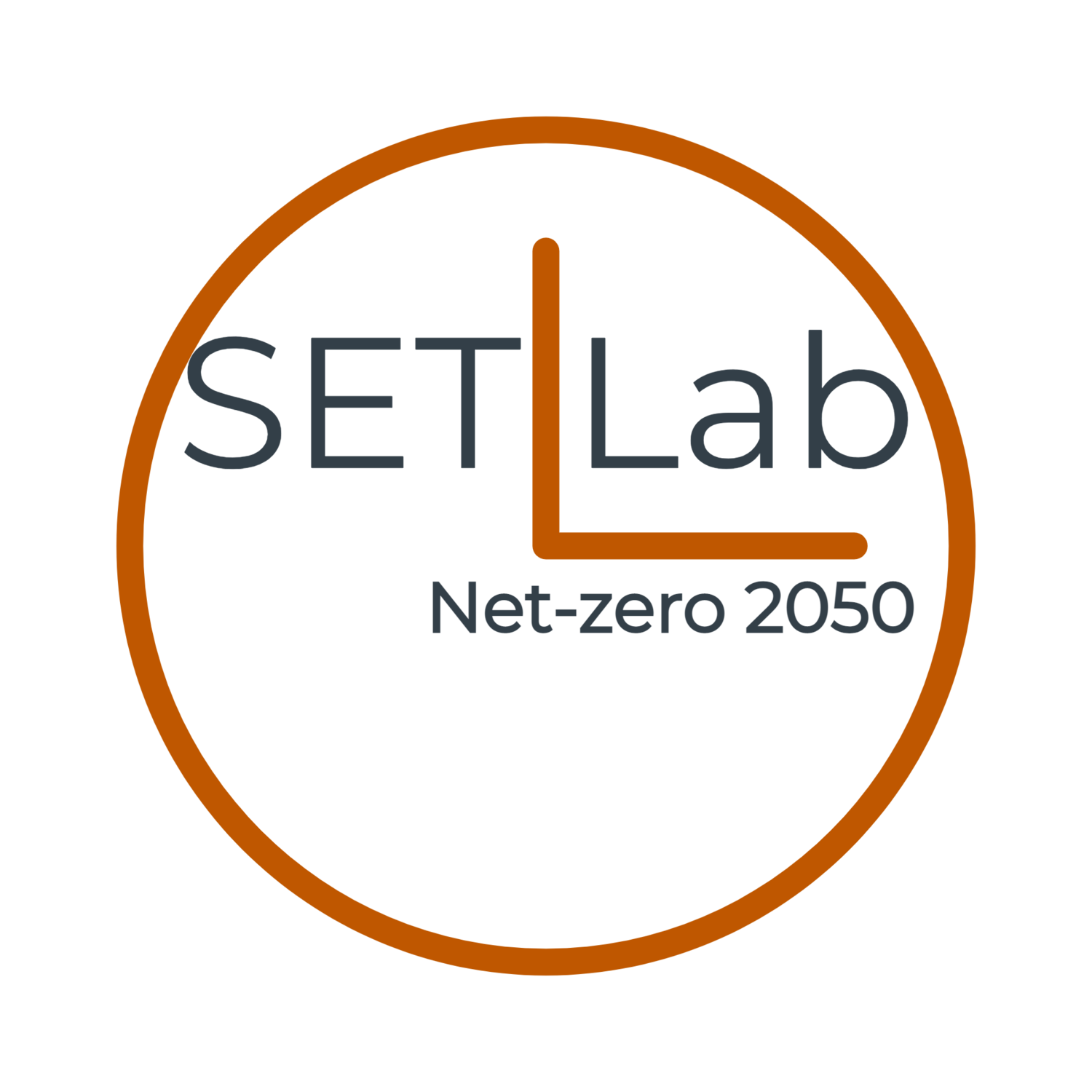
Energy System Modeling
The U.S. is the world’s largest exporter of LNG. Shifting geopolitics is likely to make US LNG a critical pillar of global energy security for the foreseeable future. At the same time, the climate impacts of LNG across the natural gas supply chain presents a challenge in achieving ambitious emissions reductions goals. The SET lab studies several critical aspects of the LNG supply chain including:
How can LNG contribute to improving global energy security while minimizing its climate impacts?
How can we accurately and in real-time measure greenhouse emissions along the LNG supply chain?
What is the role of LNG in a decarbonized world?
We answer these questions through field measurements of emissions across the natural gas/LNG supply chain, system modeling of the future of LNG including life cycle analysis and techno-economic assessments, and evaluating the role of new technology in providing real-time, supply chain-specific, emissions estimates.
This is a growing area of research in our group and we welcome new ideas, collaborations, and personnel.
Hiring Status: Hiring PhD students, post-docs, and senior research scientists to staff an expanding LNG research portfolio.
Publications
A.P. Ravikumar, M.E. Webber, and M. Bazilian (2022). The US role in securing the European Union’s near-term natural gas supply. Nature Energy.
S. Yang, S. Hastings-Simon, and A.P. Ravikumar (2022). Global liquefied natural gas expansion exceeds demand for coal-to-gas switching in Paris compliant pathways. Environmental Research Letters 17 064048.
S. Yang, S. Hastings-Simon, and A.P. Ravikumar (2022). Pipeline availability limits on the feasibility of global coal-to-gas switching in the power sector. Earth ArXiV.
Y. Nie, S. Zhang, R.E. Liu, D. Roda-Stuart, A.P. Ravikumar, A. Bradley, M. Masnadi, A.R. Brandt, J. Bergerson, and X.T. Bi (2020). Greenhouse-gas emissions of Canadian liquefied natural gas for use in China: Comparison and synthesis of three independent life cycle assessments. Journal of Cleaner Production 258 120701.
